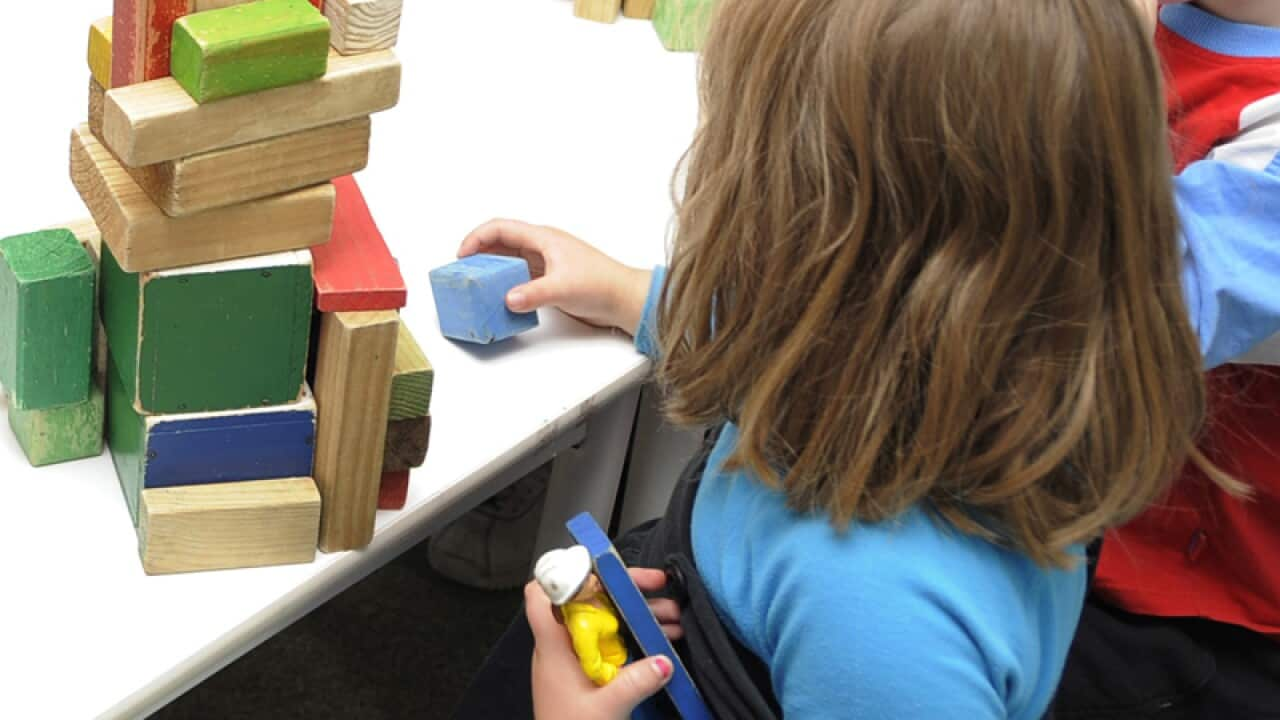Once upon a (fairly recent) time, fathers went out to work and paid the bills while mothers stayed home to raise children and kept the house spotless. But this model - a heterosexual man and a heterosexual woman with children - has begun to change in the past few decades.
Many men in today’s generation of “new fathers” no longer act solely as emotionally distant, bread-winning patriarchs. Instead, they are more than their own fathers. They do the school run and learn to .
But such men still and unsettle traditional ideas of what a dad should or shouldn’t be.
There is, however, a group of men who do not often feature in discussions about parenthood: gay fathers. They frequently operate outside traditional gender roles and provide a model of “conscious parenting” that could offer some important lessons. What lessons might they have for heterosexual parents looking to change their dynamics?
The myth of ‘natural motherhood’
Subtle but pervasive social signifiers abound to remind men who the "real" parents are. At shopping malls, for instance, we find ‘moms and tots’ parking bays and nappy changing stations often located solely in women’s bathrooms.
There are other significant structural barriers, too. In women are granted far more parental leave than men. In Africa several countries - among them Sudan, Namibia, Botswana, Egypt and - do not offer paternity leave as a matter of course.
In South Africa, where I’ve conducted about fatherhood, men are given just family responsibility leave after the birth of a child.
The underlying message is clear: parenting for women is an expectation, while for men it may be a choice.
Even in countries with progressive laws, like , shows that many heterosexual men don’t always make full use of the substantial parental leave available to them.
Why? To a large degree, our ideas about childcare remain frozen by the myth of natural motherhood, which strongly connects biology with ability. Women are the ones who give birth to children, so they are seen as inherently able to care for children.
There are, as a result, vastly different expectations of men and women when it comes to childcare. Mothering is culturally represented as competent, instinctive and effortless. But men who care for children are frequently .
These stereotypes see men relegated to the position of mother’s helper. We simply do not trust men to take responsibility for childcare.
Fatherhood as a feminist issue
Several have argued that fathering, and male involvement in childcare more broadly, is undoubtedly a feminist issue.
When men are included in childcare, both women and men . Men can enjoy different relationships with their children and are placed in a better position to share custody. Women can participate more fully in the workforce, without the that many mothers face.
Feminist researchers have long argued that more equitable heterosexual partnerships will be encouraged if parenting is “degendered” so that childcare is stripped of its gender bias.
This requires rethinking traditional gender roles and ingrained ideas about what counts as “family”. Some have argued that one way of shifting these ideas is to increase positive representations of involved and nurturing fathers.
Gay fathers expanding the possibilities
Gay men should also be involved in this move. with gay fathers suggests that these men are expanding parenthood roles in new ways that may serve as alternative models for all families.
In addition to showing for children with gay parents, studies have pointed to several lessons that we can learn from these families.
Many gay men provide a model of “conscious parenting” in which, contrary to most heterosexuals and as has shown, having children is something that is consciously planned for.
Gay families also take a range of shapes and forms, with multiple attachment figures. This stretches the boundaries of ‘family’ beyond biological connection and, often, racial similarity. Gay parenting men also tend to divide childcare more equitably, since there are no default gender roles to fall back on.
Finally, and importantly, gay fathers expand current understandings of what it means to be a man and a father to include nurturing and caring.
Gay families are not a threat
Drawing lessons from same-gendered parenting could allow heterosexual parents more space to negotiate traditional roles. There is formal recognition of family diversity in South Africa, such as that contained in the .
But positive representations of gay men and their families are minimal in the country. Instead, much public discussion tends to centre on the possible “threats” of gay fatherhood to children and the traditional heterosexual family.
There is no acknowledgement in these discussions, however, that this idealised family form is not all it’s made out to be. In fact, it is a space that often fosters inequity and .
We need to embrace different ways of being and doing family. Gay fathers have much to teach us on this journey. Tracy Morison does not work for, consult, own shares in or receive funding from any company or organization that would benefit from this article, and has disclosed no relevant affiliations beyond the academic appointment above.
Tracy Morison does not work for, consult, own shares in or receive funding from any company or organization that would benefit from this article, and has disclosed no relevant affiliations beyond the academic appointment above.

